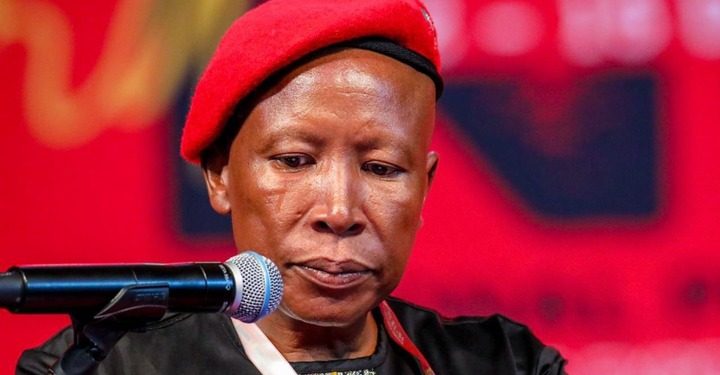The Sunday Times has recently named Julius Malema, the President of the Economic Freedom Fighters (EFF), as the “loser of the year,” sparking significant debate. Many have questioned this designation, especially in light of the African National Congress (ANC) and President Cyril Ramaphosa’s setbacks during 2024. The ANC’s loss of majority support in the elections has been seen as a major turning point in South Africa’s political landscape, yet this development seems to have been overlooked in favour of singling out Malema.
While Malema’s leadership has drawn its share of criticism, the ANC’s diminished influence arguably represents a more profound shift. The once-dominant party faced considerable challenges in maintaining its support base, raising questions about its ability to address the pressing issues affecting South Africans. Critics argue that attributing the label of “loser” to Malema without considering the ANC’s declining fortunes appears unbalanced.
However, the debate extends beyond political leaders and parties. Some commentators have pointed out that the true losers of 2024 are ordinary black South Africans, who continue to face landlessness and economic marginalisation. Despite promises of transformation and inclusive growth, the socio-economic conditions for many remain dire. The persistent inequalities in land ownership and access to opportunities underscore the systemic issues that political leadership has failed to resolve.
From an opinion standpoint, labelling Malema as the “loser of the year” diverts attention from more pressing issues, such as the ANC’s loss of credibility and the enduring struggles of the disenfranchised. While Malema’s political strategies may be polarising, he remains a figure of influence and a key player in South African politics. The focus on his perceived failures risks overlooking broader systemic failures that affect the lives of millions.
The question of who the “loser” truly is in 2024 depends on perspective. Is it political leaders who face setbacks, or is it the people who continue to bear the brunt of economic inequality and unfulfilled promises? As South Africa moves forward, these conversations are crucial in addressing the root causes of dissatisfaction and striving for meaningful change.






















